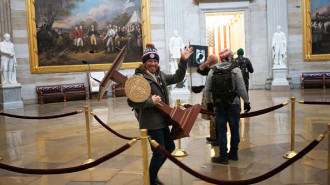Despite US welcoming Iraqi government's monetary-policy reforms, dinar still struggles to stabilise
Iraqis continue to struggle with the Iraqi dinar's devaluation, as the US dollar rate in exchange markets rises despite a recent revaluation of the national currency by the Iraqi government and a joint statement of agreements between a senior Iraqi delegation with US officials.
The Iraqi delegation, led by Deputy Prime Minister and Foreign Minister Fuad Hussein, has been in the US since 9 February and conducted several meetings with senior officials in the US Federal Reserve, Treasury, and the State Department.
"The two sides discussed challenges facing Iraq's economy, including the parallel currency exchange markets,” the Iraqi and the US government said in a joint statement late Wednesday.
"The United States welcomed the Iraqi government's efforts to enact economic and monetary-policy reforms, modernize the financial and banking system, combat corruption, and prevent manipulation of the financial system – actions that can help boost Iraq's economic prospects, including strengthening financial and currency markets," it added.
Iraq's cabinet approved a currency revaluation on 7 February and set the exchange rate at 1,300 dinars per US dollar. The Central Bank of Iraq (CBI) also imposed several measures to boost the dinar and prevent the outflow of US dollars outside of the country, especially to Iran and Syria, which are under US sanctions.
Despite the official rate of the dinar, a US dollar still sold at around 1,550 in the currency exchange markets. The sharp drop in the dinar's value plunged local markets into further recession, with prices of every basic goods soaring daily.
“The Iraqi markets need some time to become fully acquainted with the new Iraqi financial and banking system, and the dollar-dinar to stabilize. For the last twenty years, Iraq has been trapped in a traditional cash system that is outdated all over the world, and the transition to the new banking system needs some time," Jabar Goran, the spokesperson of the currency market in Sulaimaniyah city, said to The New Arab.
"Another reason why the dollar still out-values the dinar is that there is distrust by the public with ICB measures. Unfortunately, some commercial banks purchase dollars from ICB and sell it with at a very large margin in the currency markets," he added.
Goran also noted that the flow of US dollars to the neighbouring countries and money laundering remains rampant in Iraq.
الحزمة الاولى من اجراءات البنك المركزي للحفاظ على استقرار سعر الدينار اثبتت فشلها وحسب البنك هناك حزمة ثانية من الاجراءات لذلك من الافضل لهم ان تكون فاعلة وواقعية وان لاتقتصر على المسافرين وفئات معينة كما حدث مع الحزمة الاولى لان الوضع لايتحمل مزيداً من الحزم الفاشلة.#العراق
— النائب ماجد شنكالي (@majidshingali) February 16, 2023
"The U.S. delegation reiterated support for Iraq’s ongoing efforts to build technical capacity and implement international standards to protect the banking system from financial crimes, money laundering, and terrorist financing. The two sides resolved to continue working together to modernize Iraq's financial system for the betterment of the Iraqi people," another part of the joint statement said.
Iraqi lawmaker Majid Shangali, in a tweet on Thursday, wrote: "The first bunch of ICB's measures for stabilising the value of the dinar has failed, there would be more measures soon. The ICB should pursue effective and practical measures…the situation does not bear more failed measures."
The Iraqi dinar dropped to at least 1,470 dinars against the dollar before the New York Federal Reserve introduced tighter controls on international dollar transactions by commercial Iraqi banks in November.
The move by the Federal Reserve was designed to stop the illegal siphoning of dollars to Iran.
In recent weeks the dinar was selling at around 1,690 dinars per dollar.

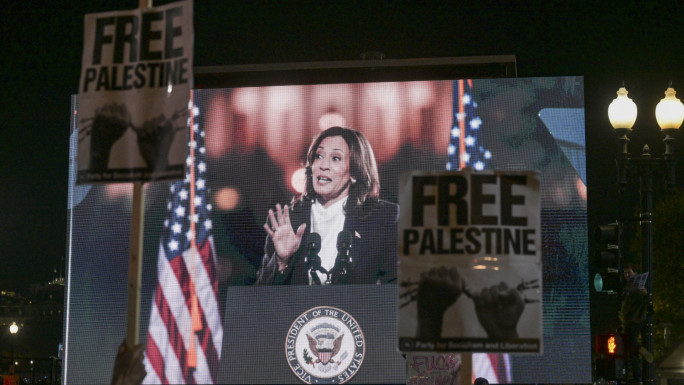
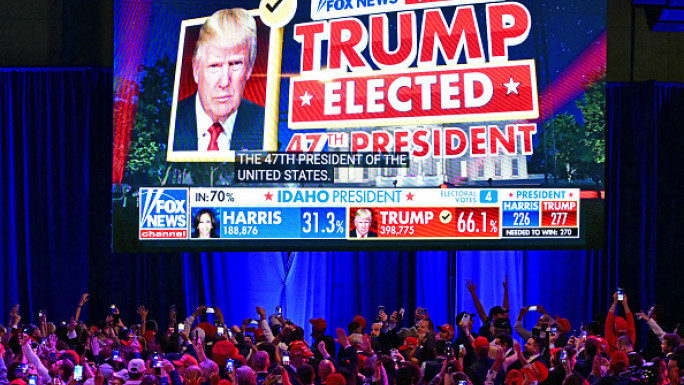
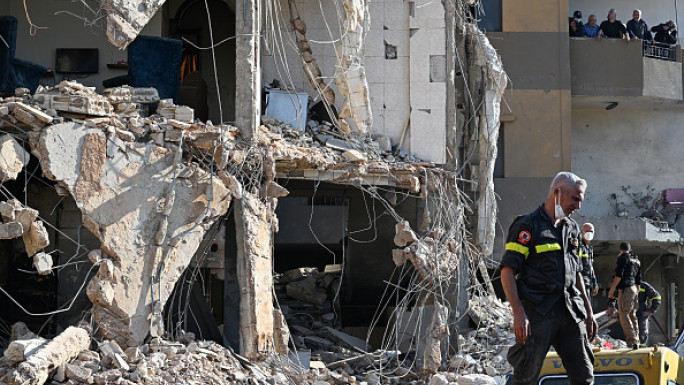
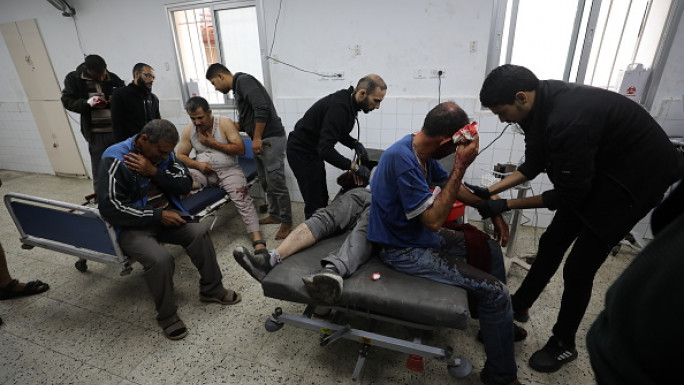
 Follow the Middle East's top stories in English at The New Arab on Google News
Follow the Middle East's top stories in English at The New Arab on Google News

![President Pezeshkian has denounced Israel's attacks on Lebanon [Getty]](/sites/default/files/styles/image_330x185/public/2173482924.jpeg?h=a5f2f23a&itok=S2wzLy-W)
